Reflecting on my experience with The Week, I feel that it profoundly shifted my perspective on both my personal life and the world’s direction. Ten years from now, I want to remember the sense of urgency and clarity that this experience brought into my life, especially around the climate crisis. More than just facts or figures, The Week made me see climate change in a deeply personal light—not as something abstract, but as a future that will impact me, the people I love, and the world I’m building my life in. It has motivated me to act not out of fear, but out of hope for a better world and a desire to live responsibly.
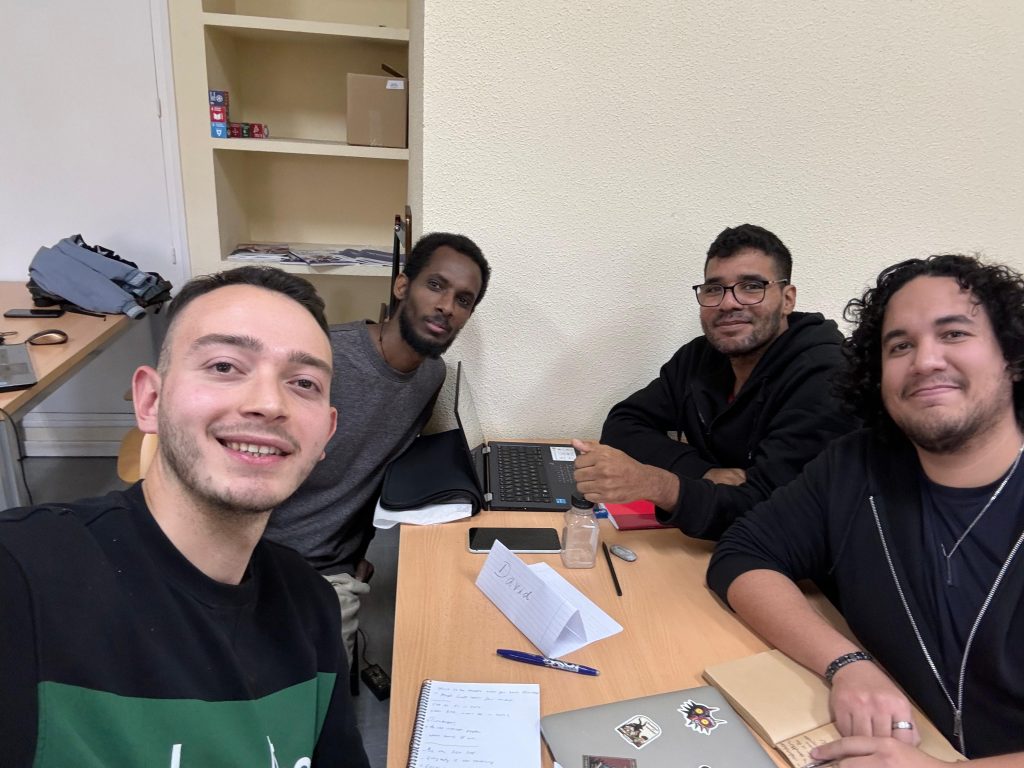
The “U-shaped” journey of The Week was a unique emotional experience. In the first episode, I was confronted with the gravity of the crisis, and I felt the weight of the challenges ahead. This wasn’t easy to digest, but it grounded me in reality. The second episode gave me the chance to process those heavy truths and discuss them with people I trust. By the final episode, I felt a newfound sense of empowerment; I walked away with a belief that we can make a difference, that our actions do matter.
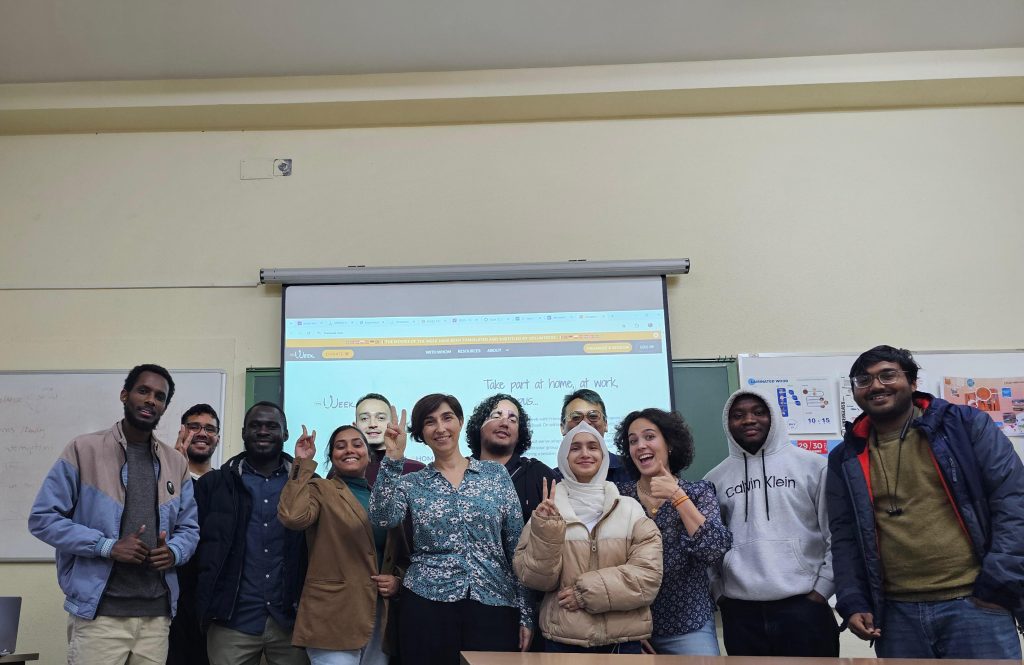
On a personal level, this experience pushed me to reflect on my own “inner compass.” Today, it’s so easy to get swept up in career goals, financial aspirations, or superficial achievements. But The Week reminded me that a meaningful life is about something deeper: it’s about resilience, connection, and accountability to the planet and each other. I now realize that health, gratitude, and living authentically should guide my decisions. Ten years from now, I hope I’ll remember these values as the foundation for my choices.
This journey reminded me of the importance of creating a story that feels real and aligned with who I am. I don’t want to look back with regrets about missed opportunities to be present, to help, and to value what truly matters. More than ever, I feel a responsibility to contribute to a healthier, safer world for future generations. If I can look back and know I made decisions that honored this vision, I’ll feel fulfilled.
About ENES SAMED KURT
Enes Samed Kurt is a Turkish civil engineer and an Erasmus Mundus scholar currently pursuing a double master’s degree in Advanced Materials: Innovative Recycling (AMIR) and Circular Economy of Construction Products and Minerals. With extensive experience in sustainable construction, Life Cycle Assessment (LCA), and environmental impact analysis, he is focused on integrating eco-friendly practices in industrial operations, especially in demolition and recycling. Enes has held research internships in France, specializing in materials LCA, and has a solid background in interdisciplinary projects aimed at promoting the circular economy and sustainability within construction.
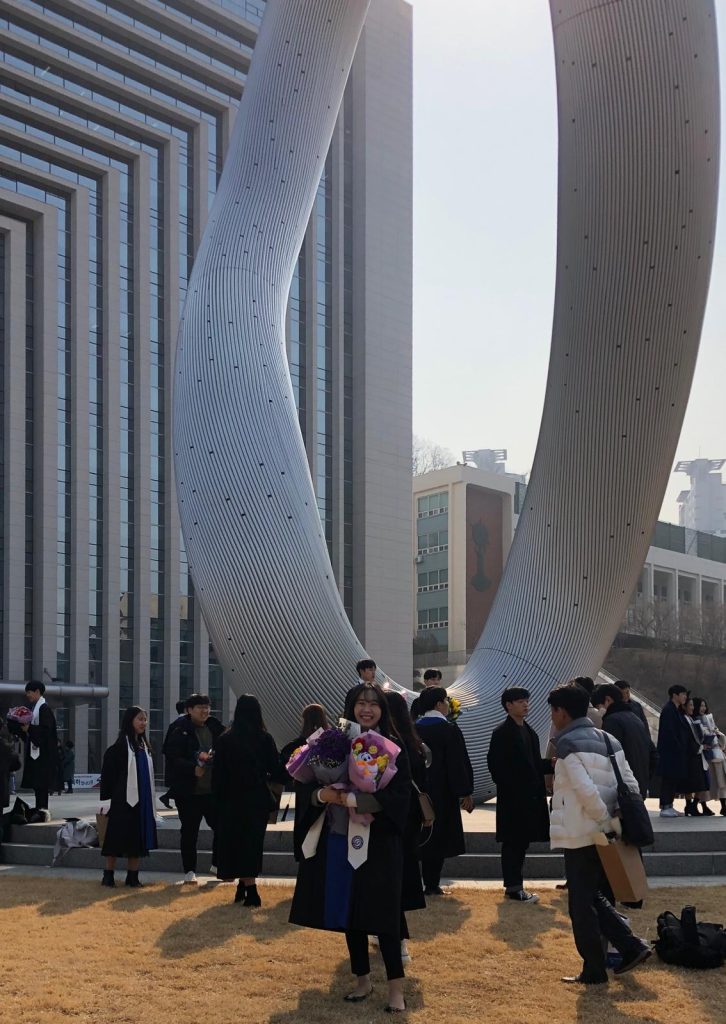
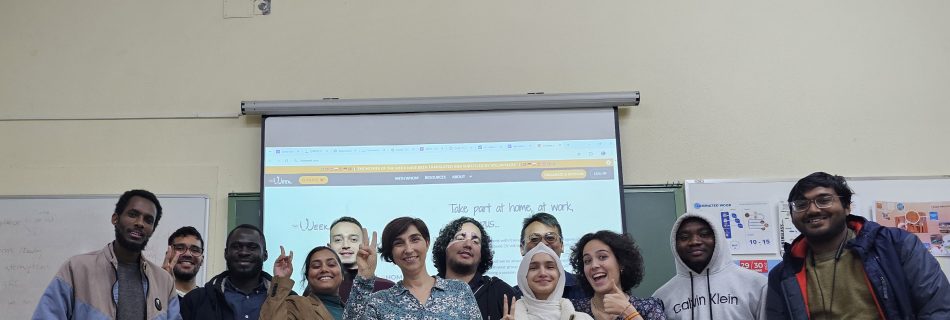
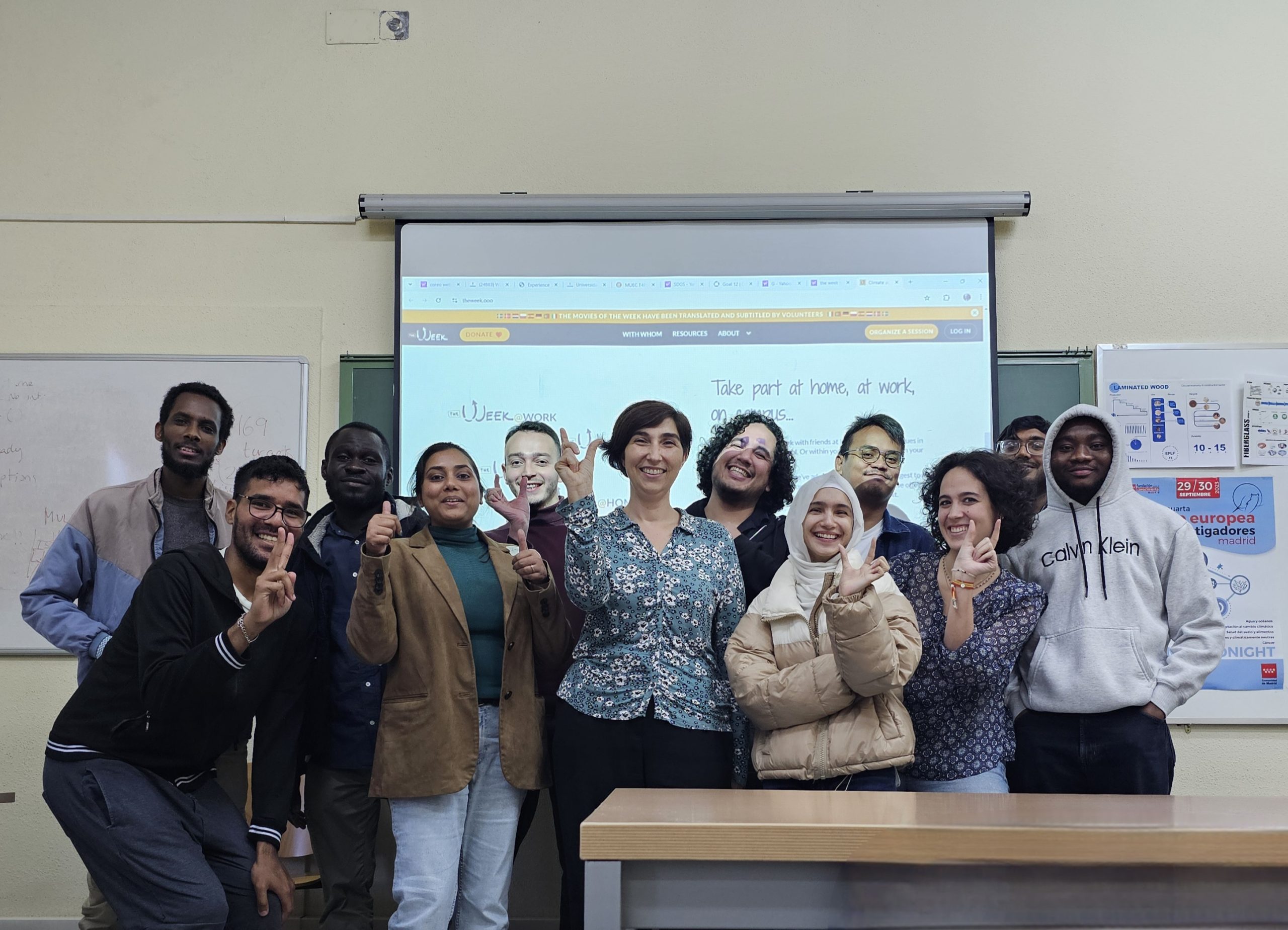 The U week was a journey of personal and collective learning that led us through three sessions in a process of reflection about the impact that our activities and those of large companies worldwide have on climate change, food production and distribution, and lifestyles in general.
The U week was a journey of personal and collective learning that led us through three sessions in a process of reflection about the impact that our activities and those of large companies worldwide have on climate change, food production and distribution, and lifestyles in general.